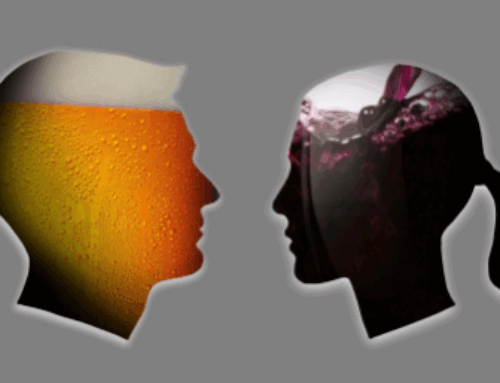More than 130 people in the United States have died as a result of an opioid overdose in the past year, according to the National Institute on Drug Abuse (NIDA). NIDA also found that the most commonly abused substances in the country include alcohol, prescription opioids like pain relievers, cocaine, heroin, methamphetamines, stimulants, and central nervous system (CNS) depressants, like barbiturates and benzodiazepines.
With the rise in public overdose situations, such as last week’s viral footage of a young boy trying to rouse his parents while on a bus in Camden, NJ, it is important to educate the public on overdose symptoms in an effort to prevent overdose-related deaths. NIDA and NIAAA have resources on their websites that outline each substance use disorder, list the most common overdose symptoms and provide options for addiction treatment.
If you find yourself in a situation to spot and care for a person having an overdose, immediately call 911. While help is on the way, monitor for some of the signs and symptoms below.
Heroin & Prescription Opioids
Overdoses as a result of heroin use have risen over the past three years. Opioids can relax users and make them feel “high,” which is largely the reason why they are often used recreationally rather than medically. Symptoms of heroin and prescription opioid overdoses are very similar and most notably entail slowed or stopped breathing. This decreases the flow of oxygen to the individual’s brain, called hypoxia. Hypoxia can have severe and lasting effects on the brain and nervous system, including brain and liver damage. Naxolone, or “Narcan” as it’s known by the popular brand name, is an overdose-reversing drug that is also the best tool to administer for those suffering from a heroin or prescription opioid overdose.
Prescription Stimulants
Recreational use of prescription stimulants such as Adderall and other attention disorder medications has become increasingly popular among high school and college students. High doses of prescription stimulants can lead to irregular heartbeat, heart failure, seizures, and more. When someone overdoses on a stimulant, restlessness, tremors, rapid breathing, aggression, hallucinations, and panic attacks are common symptoms. Heart attacks and seizures are some of the most life-threatening results of a prescription stimulant overdose, so restoring the blood flow to the heart and stopping the seizure is critical.
Alcohol
For many, alcohol can be a slippery slope as it relates to substance use, misuse, and addiction. An unfortunate polydrug trend has emerged in which alcohol is recreationally combined with other substances, like prescription depressants or stimulants, creating an even more dangerous situation. Symptoms of an alcohol overdose include difficulty remaining conscious, vomiting, clammy skin, extremely low body temperature, slow heart rate and trouble breathing. Be sure to help an individual who has consumed a dangerous amount of alcohol to vomit to ensure that he or she does not choke, and if the individual is unconscious, be sure to roll him or her onto his or her side with an ear to the ground to prevent choking as well. Ingesting alcohol with other substances increases the severity of each symptom and can produce an overdose with very little alcohol involved.
Methamphetamine
The “high” from methamphetamine begins and also fades quickly and many take repeated doses, resulting in a “binge and crash” pattern, which can increase the likelihood of an overdose. Methamphetamine overdoses largely lead to strokes, heart attacks or organ failure, thus first responders’ primary goal is to restore blood flow to the individual’s heart and brain. Methamphetamines have increasingly been “laced” with dangerous, cheap, synthetic opioids, creating an increasingly volatile substance.
Calling 911 immediately at the sign of a suspected (or confirmed) overdose is most critical to ensure that professionals equipped with the knowledge and tools to handle the situation can provide appropriate treatment as soon as possible. Remember never to leave someone experiencing an overdose alone.
For those who survive an overdose, withdrawal is the immediate phase following the overdose event. Researchers are NIH compiled withdrawal symptoms for several commonly abused drugs, which can be referenced on their website.
If you’re struggling with addiction and mental health issues, call the New England Recovery Center today at 1-877-MyRehab.










